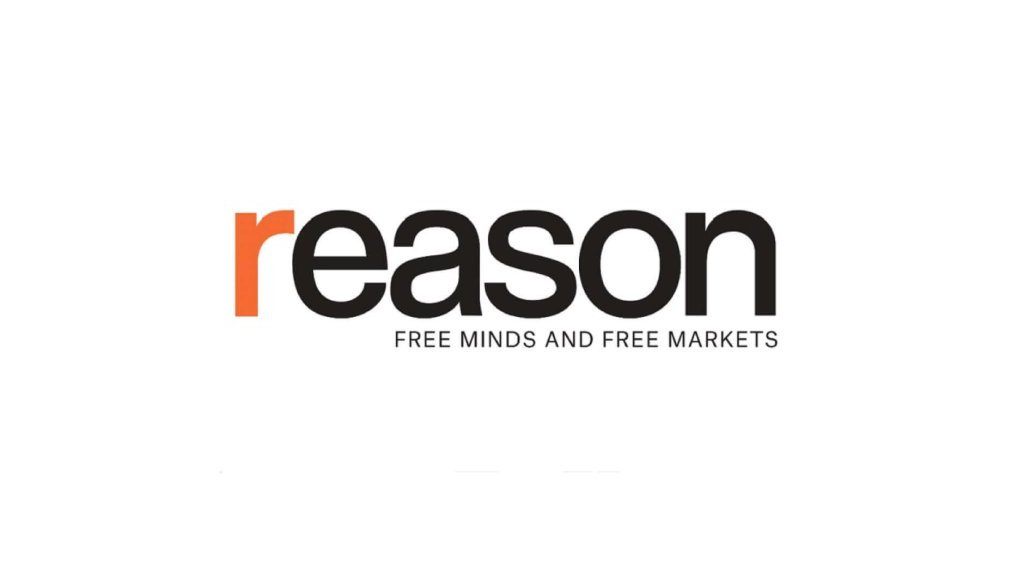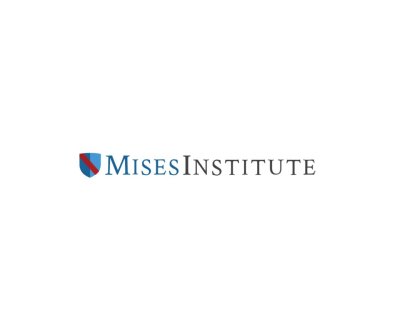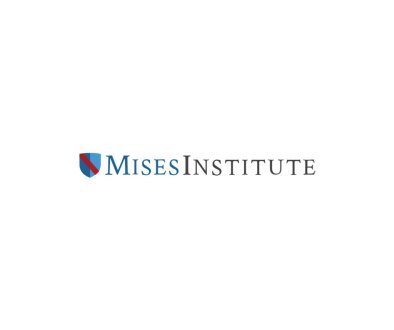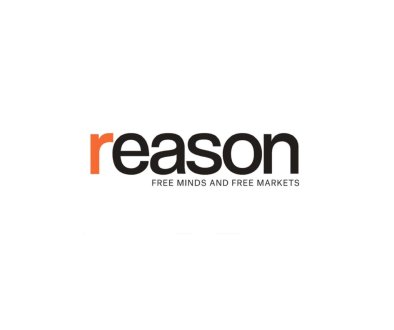Texas Public University Restrictions on Anti-Israel Speech Likely Violate First Amendment
From today’s decision by Judge Robert Pitman (W.D. Tex.) in Students for Justice in Palestine v. Abbott:
GA-44 begins with a preamble detailing events of the Israel-Palestine conflict and related protests that had recently occurred on university campuses. The preamble includes the provision:
WHEREAS, multiple protests and walkouts have been staged by universities’ student organizations, with students chanting antisemitic phrases such as “from the river to the sea, Palestine will be free,” which has long been used by Hamas supporters to call for the violent dismantling of the State of Israel and the destruction of the Jewish people who live there;
Then, GA-44 directs all Texas higher education institutions to do the following:
- Review and update free speech policies to address the sharp rise in antisemitic speech and acts on university campuses and establish appropriate punishments, including expulsion from the institution.
- Ensure that these policies are being enforced on campuses and that groups such as the Palestine Solidarity Committee and Students for Justice in Palestine are disciplined for violating these policies.
- Include the definition of antisemitism, adopted by the State of Texas in Section 448.001 of the Texas Government Code, in university free speech policies to guide university personnel and students on what constitutes antisemitic speech.
That definition of antisemitism in Section 448.001 of the Texas Government Code is:
“Antisemitism” means a certain perception of Jews that may be expressed as hatred toward Jews. The term includes rhetorical and physical acts of antisemitism directed toward Jewish or non-Jewish individuals or their property or toward Jewish community institutions and religious facilities. Examples of antisemitism are included with the International Holocaust Remembrance Alliance’s “Working Definition of Antisemitism” adopted on May 26, 2016.
Two of the “examples of antisemitism” included in the International Holocaust Remembrance Alliance’s “Working Definition of Antisemitism,” relevant here, are:
- Denying the Jewish people their right to self-determination, e.g., by claiming that the existence of a State of Isr[ae]l is a racist endeavor;
- Drawing comparisons of contemporary Israeli policy to that of the Nazis.
Various Texas public universities (including UT branches at the University of Houston) did indeed adapt their speech codes in light of that.
The court assumes without deciding that Tinker v. Des Moines Indep. School Dist. (1969) applies to public universities, so that student speech could be restricted if it’s substantially disruptive (even if it is disruptive based on its content). But it concludes that the policy is unconstitutional even under Tinker, as applied to public universities:
[A]s a threshold issue, the Court finds the incorporation of this specific definition of antisemitism is viewpoint discrimination. In general, including the word “antisemitism” in speech policies, perhaps in the context of protecting students from discrimination and harassment, is not inherently a First Amendment violation. The Defendants wish to view the speech policies in this vacuum, claiming the revised policies do not in fact prohibit any specific expression. But here, the speech policies do not leave “antisemitism” open to constitutional definitions and interpretations, because GA-44 mandated a specific definition. Tha
Article from Reason.com

The Reason Magazine website is a go-to destination for libertarians seeking cogent analysis, investigative reporting, and thought-provoking commentary. Championing the principles of individual freedom, limited government, and free markets, the site offers a diverse range of articles, videos, and podcasts that challenge conventional wisdom and advocate for libertarian solutions. Whether you’re interested in politics, culture, or technology, Reason provides a unique lens that prioritizes liberty and rational discourse. It’s an essential resource for those who value critical thinking and nuanced debate in the pursuit of a freer society.




